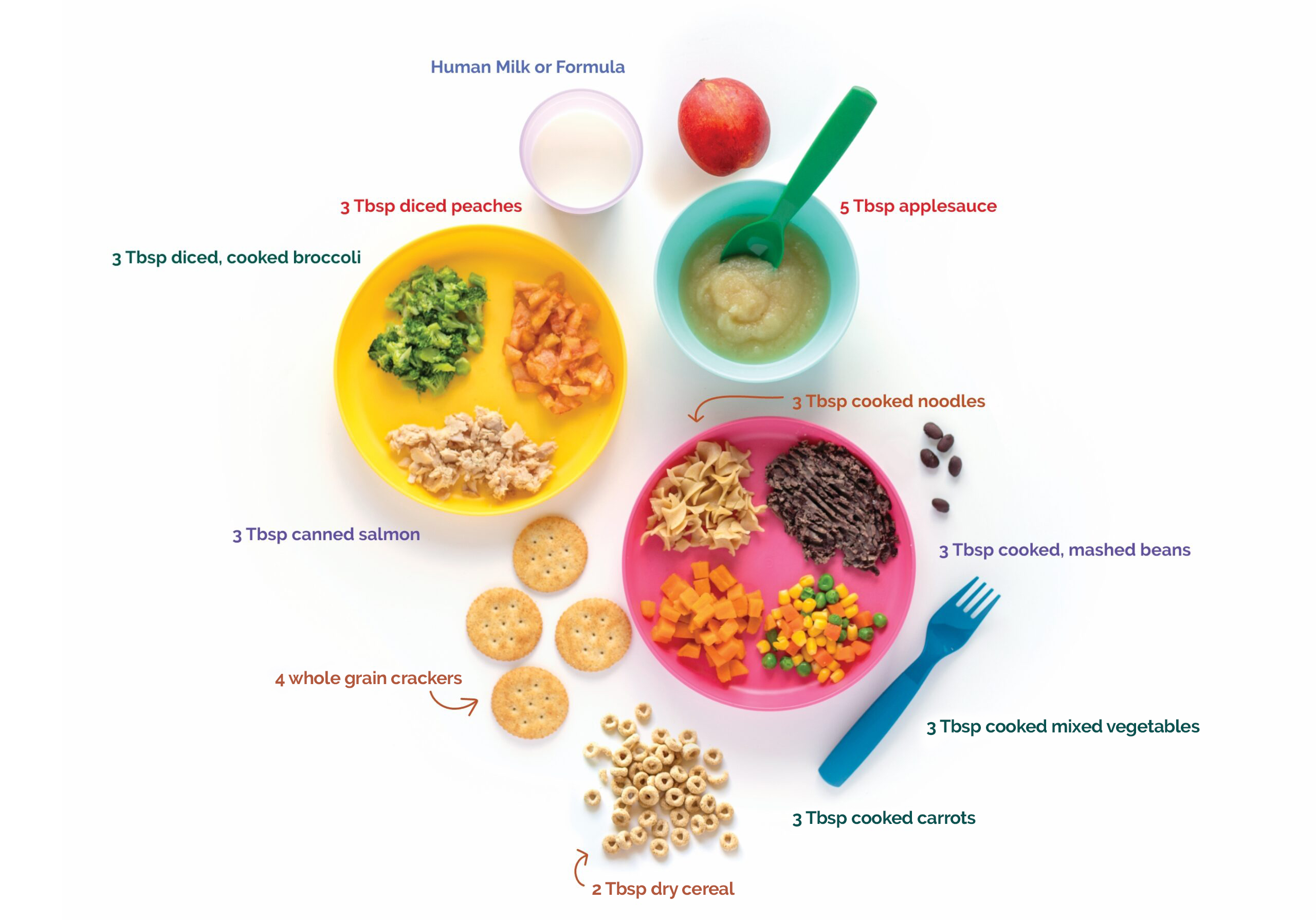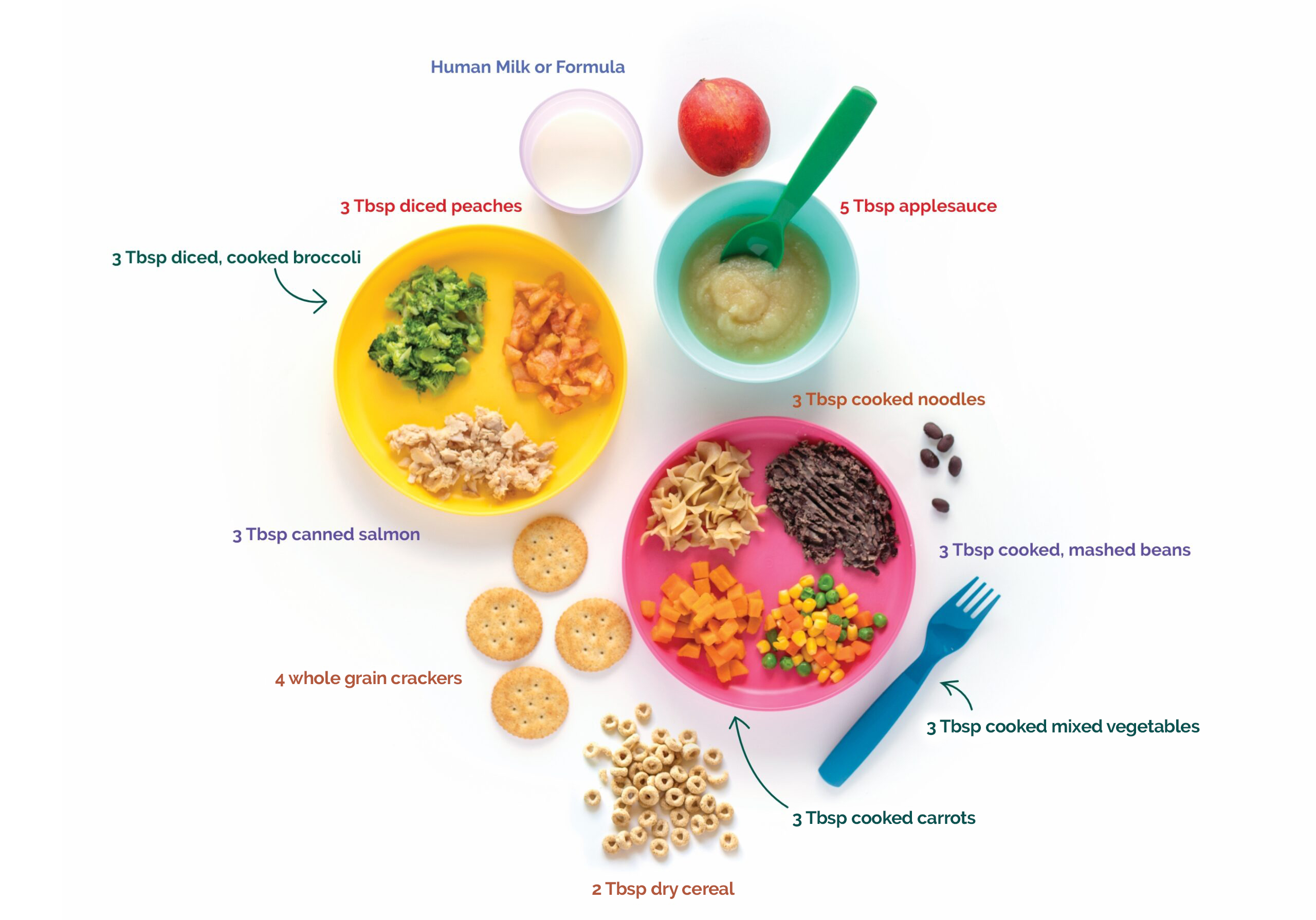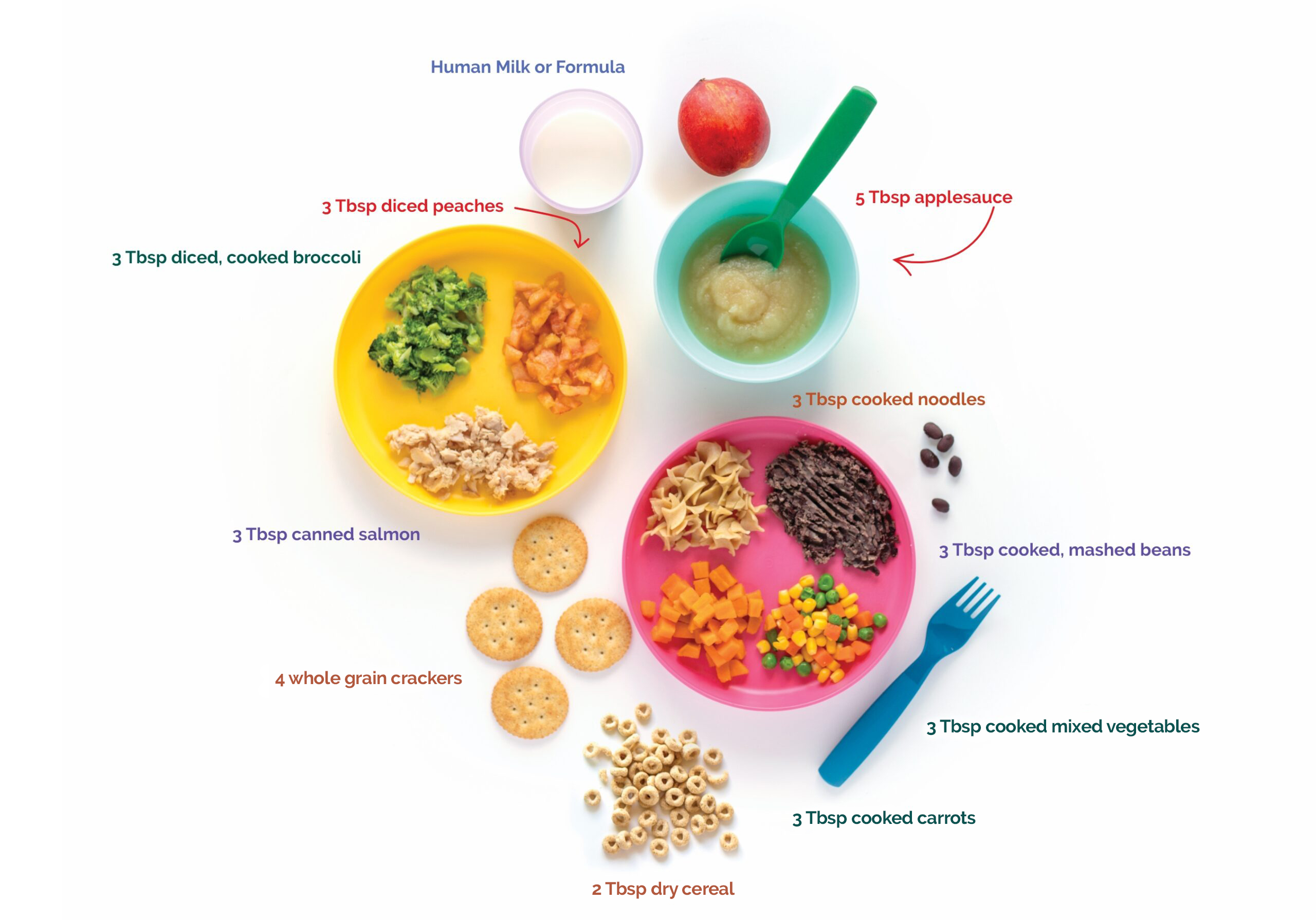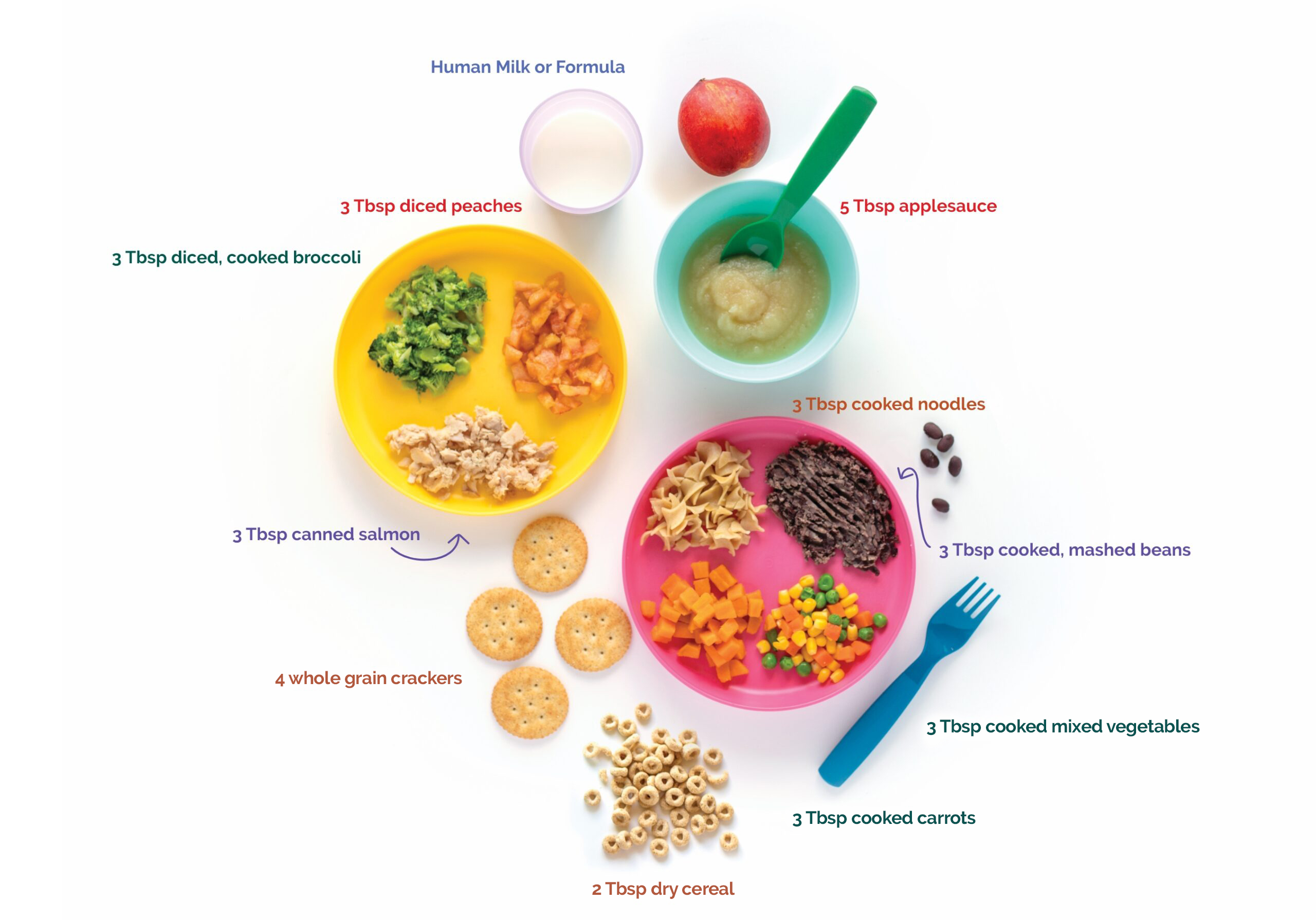Dear Dad,
You play an important role in the growth of your child’s body and mind.
Whether you see your children daily or live in a different home, being actively involved in your child’s life makes a big difference. Being present and involved will help them grow to be a healthier, happier, and more successful child and adult.
The quality of your father-child time is more important than the number of hours you spend with your child. The quality of your relationship directly impacts your child’s sense of self-worth.
Children who grow up with an involved father are:
39%
more likely to
earn mostly
A’s in school
2x
2x
as likely to go to college and find a steady job after high school
Don’t compare yourself to your dad or other dads around you. YOU are the one your child looks up to!
Help Me Learn
-
ready to start
school -
better problem-
solvers -
more friendly toward other
people
- Talking about the world around you as you go about your day.
- Pointing out and saying the colors, animal sounds, letters, and numbers you see and hear.
- Being together for daily activities such as eating dinner, playing outside, reading, or watching TV. Keep screen time to a minimum to focus on each other.
Whether you are encouraging imagination play or reading to them, simply being together helps your child feel calmer and happier.
Children who grow up with an involved father are 60% less likely to be suspended or expelled from school.

Play Time
Dads tend to encourage more physical play which teaches children how to:
- Control feelings of anger.
- Encourage competition and risk.
- Manage physical contact while keeping control of their emotions.
Being active with your child helps their bones grow stronger, build muscles, and helps brain development.
Here are a few fun activities to do with your child:
- Play active games like hide-and-seek, tag, “Simon Says”, or have a race.
- Go on a bike ride together.
- Practice throwing or kicking balls.
- Go to the park and play on the playground.
-
Kids need 60 minutes
of active play each day.
Let's Eat
Feeding young children is a hard job. Being present at the dinner table is easy. Having dad present at mealtime is important to a child.
Mealtime is a great time to learn more about your child. Ask your child about their day, their friends, and how they are feeling. This shows your child that you care about them and that they are worthy of your time and attention.
Here are some things you can do to make memories at mealtimes.
- Eat together as a family.
- Have your children help cook. They can wash, measure, add, and stir ingredients.
- Be a role model! Eat the same healthy food you offer your child.
- Change the location of meals by eating outside, having a picnic, or even around the coffee table with cushions for chairs.
- Keep screens off and out of sight to encourage more conversation during mealtimes.
When fathers are present or involved, children are at
2Xlower risk of developing obesity.

Protect Those Shiny New Teeth
Dental health is just as important as physical health. Be active in keeping your child’s teeth healthy.
- Brush their teeth twice a day (even if there are only 1 or 2 teeth). Ask your child’s healthcare provider or dentist about what type of toothpaste to use.
- Start a morning and bedtime routine of you and your child brushing your teeth together. This can be fun for them and they can see how to brush their teeth the right way.
- Offer only water in between meals and snacks. Your child does not need sweet drinks like soda and Kool-Aid. Limit the amount of juice your child drinks each day.
Health and Safety
Once a child gets moving, it can seem like they never stop. Your child learns how to do more things every day. This means you may need to work even harder to keep them safe.
- Have your child wear a helmet when they start riding a bike or scooter. Be a good role model and wear your helmet too!
- Always stay with your child when they are in or near water, such as the bath, a pool, or lake.
- Make sure your child is up-to-date on all recommended shots. Call your healthcare provider if you are unsure what shots your child needs.
Watch your child closely to keep them safe when they are around water.
Car Seats
The American Academy of Pediatrics recommends that car seats are only used for traveling purposes. It is recommended to remove the infant from their car seat once you arrive at your destination, especially if they are asleep.
- Use a car seat for every trip, no matter how short.
- Use a car seat based on your child’s size and age. You can often find this information on the seat itself.
- As your child grows, the settings, position, and type of car seat will need to change.
- Learn how to install the car seat correctly. Strap in your toddler or child the right way.
– Straps should be snug.
– The sliding clip should be at armpit level.
– The car seat itself should move very little when pushed from side-to-side.
Keep your child in a rear-facing car seat until they are at least 2 years old. Do not rush to move to a forward-facing car seat or booster seat even if you have a large child.
To learn more about car seat safety visit:

Never seat children in front of an airbag. Airbags can kill young children riding in the front seat. Never place a rear-facing car seat in front of an airbag.

Fatherhood Resources
National
State
Check for fatherhood initiative programs at your local Head Start program or school system.























